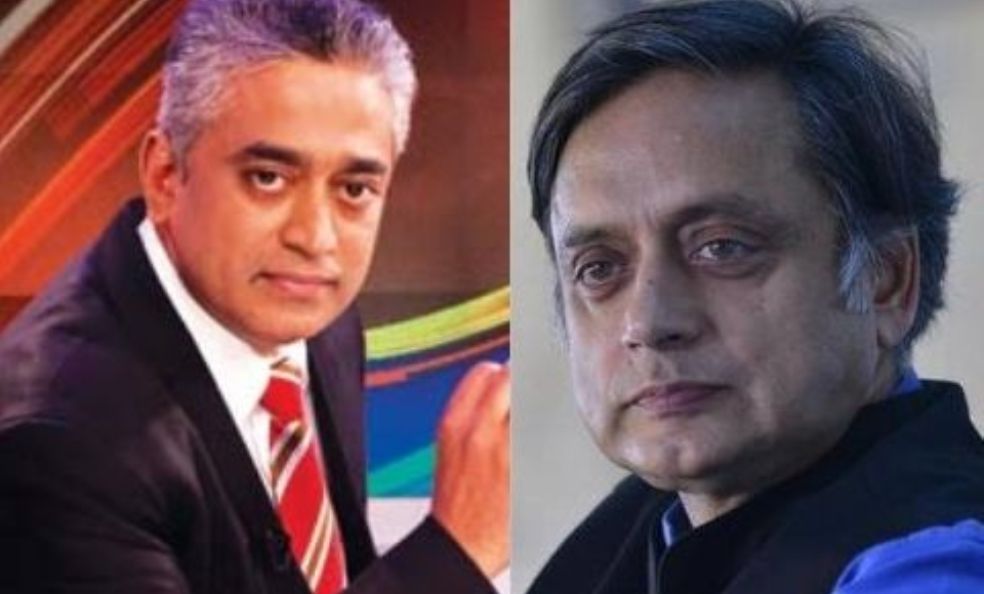Tanvi Sinha
Giving some relief to the six journalists involved and Shashi Tharoor, the Supreme Court barred any agency of any kind from arresting the people involved in cases relating to tweets they made during the Republic Day tractor rally violence in Delhi.
Solicitor General Tushar Mehta, appearing for Delhi Police, absolutely opposed any relief provided to the aforementioned elements stating that the tweets made by the persons had caused horrendous damage on Republic Day.
The three-judge bench of Chief Justice Sharad A Bobde and Justices AS Bopanna and V Ramasubramanian however, agreed to defence lawyer senior advocate Kapil Sibal, by not taking any action until the Supreme Court takes up the case.
The bench was hearing petitions filed by the persons involved in the case, namely Congress MP Shashi Tharoor and other journalists such as Rajdeep Sardesi, Mrinal Pande, Zafar Agha, Vinod K Jose, Paresh Nath and Anant Nath.
First Information Reports had been filed against all the persons mentioned in five states regarding charges like sedition, promotion of enmity and criminal conspiracy, specifically regarding the misleading posts they posted about the death of a farmer in the tractor rally on Republic day.
The FIRs had led to a lot of controversy with criticism from the Editors Guild and Human Rights Watch.
“It must be noted that on the day of the protest and high action, several reports were emerging from eyewitnesses on the ground as well as from police, and therefore it was only natural for journalists to report all the details as they emerged. This is in line with established norms of journalistic practice,” – Editors Guild.
“The Indian authorities’ response to protests has focused on discrediting peaceful protesters, harassing critics of the government, and prosecuting those reporting on the events…The government instead should conduct a transparent and impartial investigation into the January 26 violence in Delhi.” – Meenakshi Ganguly, South Asia director at Human Rights Watch.

